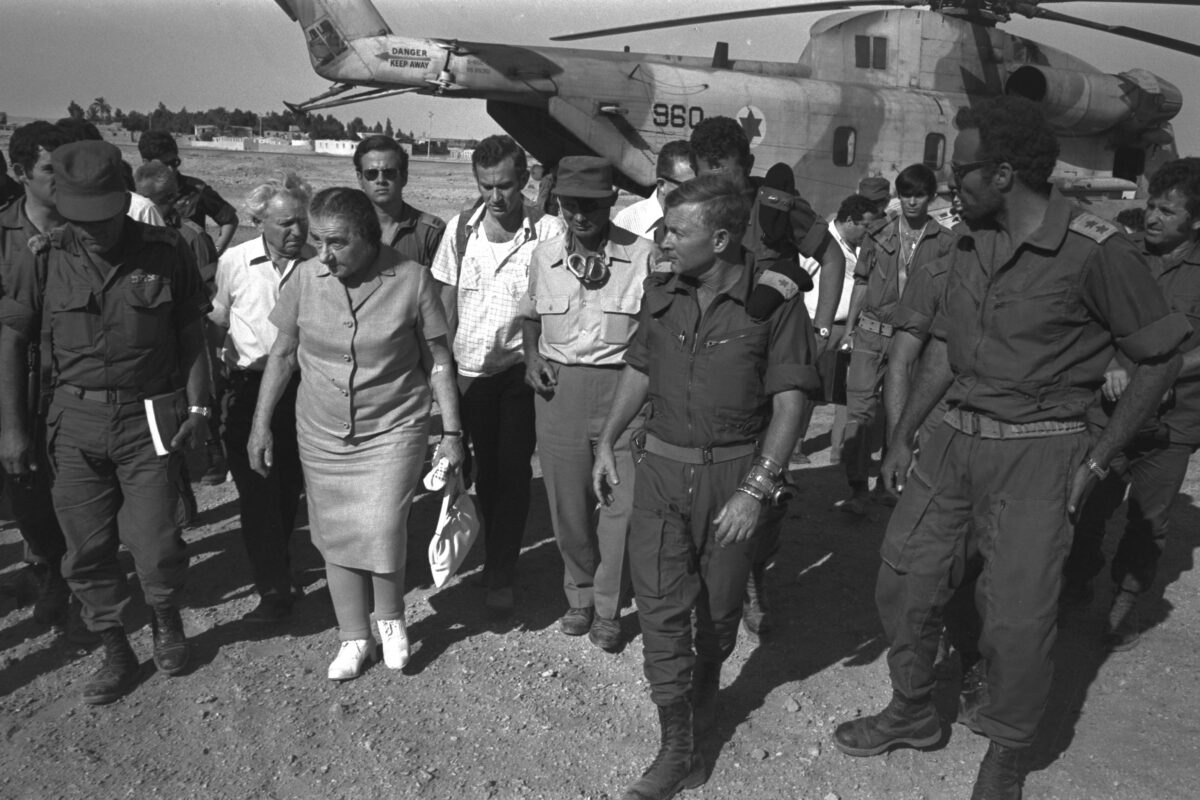Six months after the 1973 Yom Kippur War, Israeli Prime Minister Golda Meir attended a ceremony in Jerusalem for fallen soldiers. Defence Minister Moshe Dayan delivered a eulogy, but Meir, looking worn down and broken, remained silent and refrained from giving a speech.
Having accepted responsibility for the shortcomings of Israel’s performance in the 17-day war, during which more than 2,000 soldiers were killed in the Sinai Peninsula and the Golan Heights, Meir felt the full burden of it on that somber day in the Israeli capital.
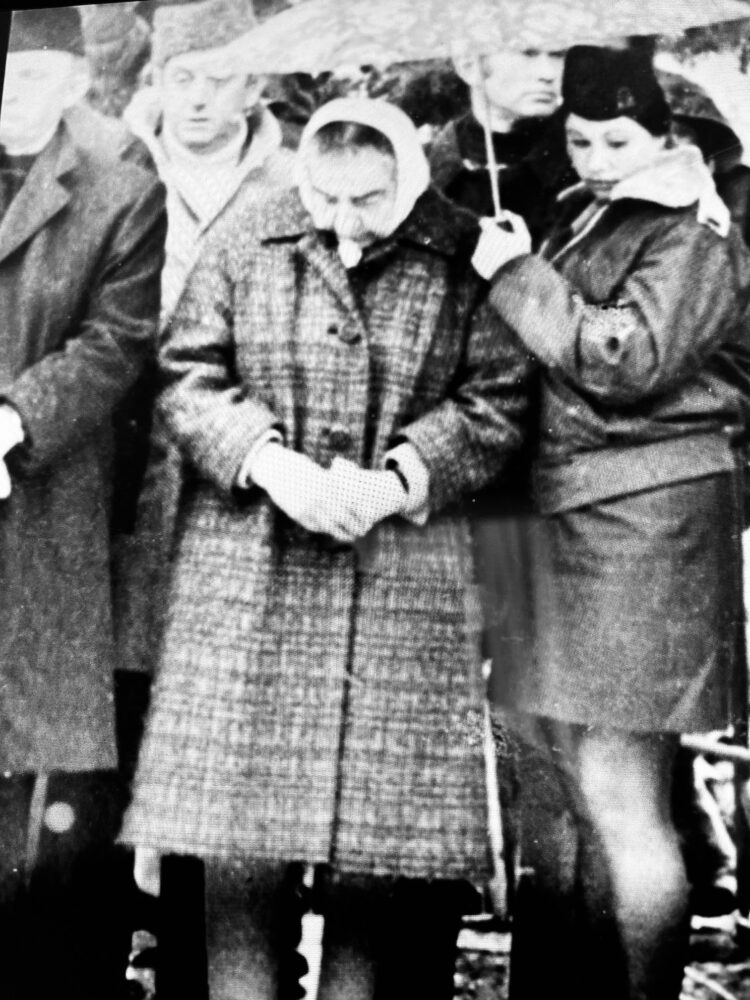
Once a popular leader, she was now a hated figure in many quarters of Israeli society. Shortly afterward, she resigned, leaving politics permanently, her reputation in tatters.
Israelis may have been too hasty in condemning Meir. Judging by a set of journals compiled by her secretary, Eli Mizrachi, she acquitted herself reasonably well during the war. According to Yaniv Mozer’s riveting documentary, Golda’s War Diaries, her steady leadership lifted Israel and enabled it to recover from battlefield setbacks and losses and to prevail over its enemies.
The 73-minute movie will be screened on June 5 and 6 at this year’s Toronto Jewish Film Festival, which runs from May 30 until June 9.
Meir, a Labor Party stalwart who had been labor and foreign minister, assumed the premiership after the death of Levi Eshkol. She held office during a period when Israel fought a war of attrition with Egypt, Syria and the PLO respectively in Sinai, the Golan, the West Bank and the Gaza Strip.
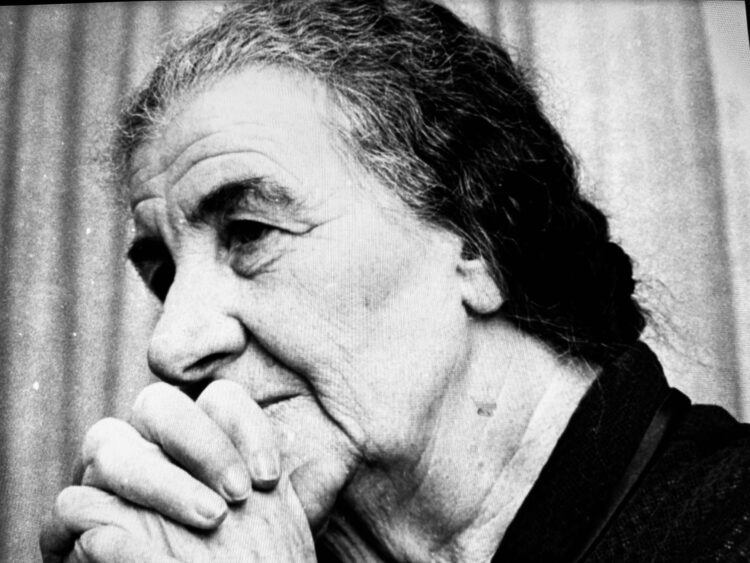
Israel, enjoying a qualitative military edge over its Arab adversaries, was confident that another major war did not loom on the horizon. But ten days before the outbreak of the Yom Kippur War on October 6, King Hussein of Jordan flew to Tel Aviv on a secret mission to personally inform her that a new war was imminent.
She had received the same warning from Ashraf Marwan, an Israeli spy in Egypt who had access to the highest Egyptian circles and who had married the daughter of its former president, Gamal Abdel Nasser
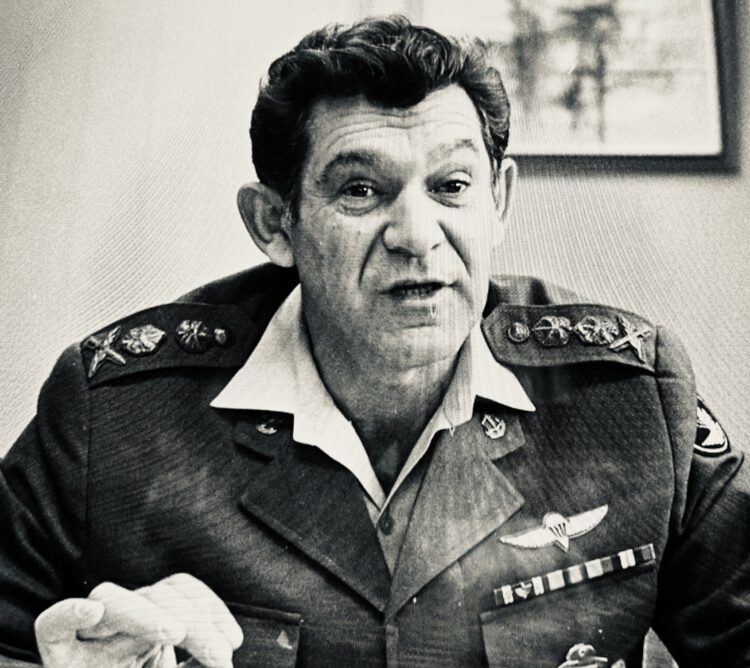
Neither Dayan nor Eli Zeira, the director of military intelligence, shared that alarmist view. But General David Elazar, the commander of the Israeli armed forces, recommended that the reserves be called up. Meir followed his advice, at least to a certain extent, and Israel’s defences were beefed up in the Sinai and on the Golan.
In the first few days of the war, Israel suffered a series of defeats on both fronts, plunging Dayan into despair and driving him to the cusp of a mental breakdown. At one point, he contemplated resorting to nuclear weapons. Mozer claims that she eventually removed Dayan from the daily management of the war.
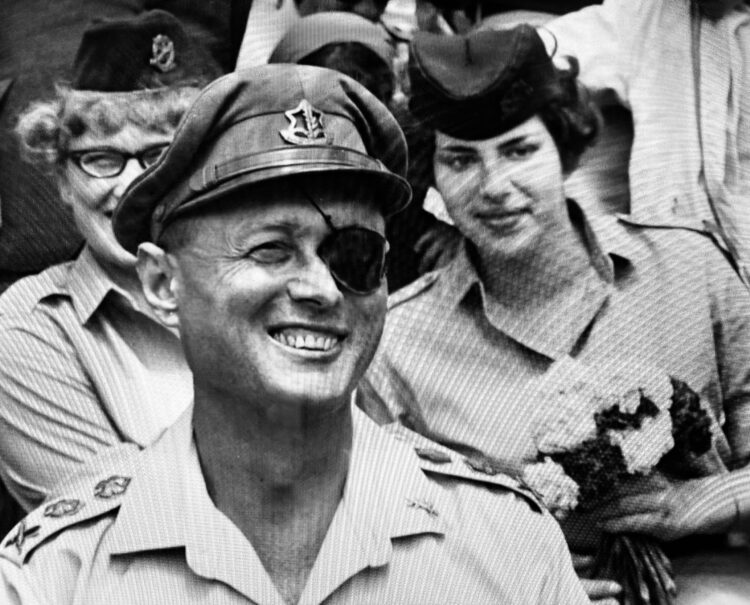
Needless to say, Meir was adversely affected by the bad news. She was particularly shocked by the high casualties. But she recovered and displayed strength and optimism, knowing that Israel’s very existence was directly dependent on the outcome of the war.
Unbeknownst to her colleagues, Meir was battling cancer as the war unfolded.
With Israel’s military supplies running low, Meir persuaded Henry Kissinger, the U.S. secretary of state, to resupply Israel in what would be a massive airlift of munitions and weapons. In a morale booster, the giant Galaxy aircraft carrying this equipment could be seen over the skies of Tel Aviv in mid-October. (I personally witnessed this event).
By Mozer’s estimation, Israel turned the tide of the war by virtue of two offensives. First, Israeli forces blocked Egypt’s thrust into central Sinai, destroying some 200 Egyptian tanks in the process. Second, Israel invaded the Egyptian mainland, moving into Africa. Meir supported both of these campaigns.
Toward the close of the war, prior to her whirlwind visit to the United States to confer with President Richard Nixon, she visited an Israeli position in the Sinai, where she was received warmly by soldiers.
Thanks to U.S. diplomacy, spearheaded by Kissinger, Israel and Egypt agreed to a ceasefire and talks to reinforce it. Syria would follow in Egypt’s footsteps in the following year.
The Agranat Commission investigating the war concluded that Israel had been unprepared for it, and this onerous judgment weighed heavily on Meir. In a television interview, she admitted that she felt Israel’s deficiencies. “I’ll never be the same as I was before the war,” she said. “I’m not the same person.”
The war was indeed a sharp turning point in her life, as Golda’s War Diaries contends.
